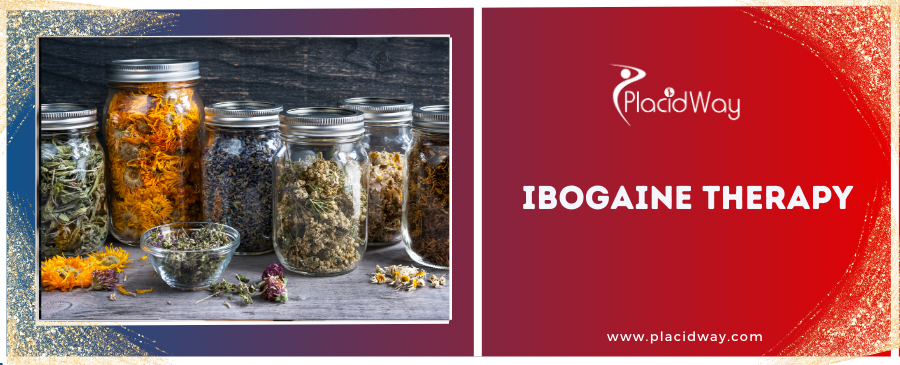
Ibogaine therapy is an emerging treatment for addiction that utilizes the psychoactive compound ibogaine, derived from the root bark of the African iboga plant. This therapy is gaining attention for its potential to help individuals overcome substance abuse disorders, including opioid, stimulant, and alcohol addictions. Ibogaine therapy is distinguished by its unique approach to addiction treatment, which involves a combination of powerful psychedelic experiences and therapeutic interventions aimed at addressing the root causes of addiction.
Ibogaine therapy involves administering ibogaine, a hallucinogenic substance, in a controlled setting to help individuals with addiction issues. Ibogaine is known for its profound effects on consciousness and perception, which can lead to intense introspective experiences. These experiences are believed to help individuals gain new insights into their addiction, uncover underlying psychological issues, and develop a deeper understanding of themselves. Ibogaine therapy is often conducted in specialized clinics with medical supervision to ensure safety and efficacy.
|
Breakthrough Insights: The psychedelic experience induced by ibogaine may provide profound personal insights and a new perspective on addiction and life. Reduced Cravings: Some individuals report a significant reduction in cravings for addictive substances following ibogaine therapy. Enhanced Self-Awareness: The introspective nature of the therapy can lead to increased self-awareness and a deeper understanding of the root causes of addiction. Emotional Healing: Ibogaine therapy may help address unresolved emotional trauma and psychological issues contributing to addictive behaviors. Improved Motivation: The experience can enhance motivation and commitment to recovery by providing a clearer sense of purpose and direction. |
|
Opioid Addicts: Those struggling with opioid addiction may find ibogaine therapy helpful in reducing withdrawal symptoms and cravings. Stimulant Users: Individuals addicted to stimulants, such as cocaine or methamphetamine, may benefit from the therapy’s potential to address underlying psychological factors. Alcoholics: People with alcohol use disorder may experience a reduction in cravings and gain insights into their addiction through ibogaine therapy. Individuals with Multiple Addictions: Those struggling with multiple substance dependencies may find ibogaine therapy useful for addressing complex addiction issues. People Seeking Alternative Treatments: Individuals who have not responded well to traditional addiction treatments may explore ibogaine therapy as an alternative approach. |
|
Best Addiction Treatment Centers and Doctors Worldwide |
|
|
Top Addiction Treatment Packages Worldwide |
|
|
Medical Assessment: Obtain a thorough medical and psychological evaluation to determine if ibogaine therapy is appropriate for your condition. Treatment Preparation: Prepare for the therapy by discussing expectations, potential side effects, and post-treatment plans with the clinic. Legal and Safety Considerations: Check the legal status of ibogaine in your location and ensure the clinic adheres to safety and ethical standards. Integration Support: Ensure the clinic provides support for integrating the insights gained during therapy into your daily life and recovery process. |
|
Country |
Average Cost (USD) |
|
Costa Rica |
$5,000 - $8,000 |
|
Mexico |
$4,000 - $7,500 |
|
India |
$3,500 - $6,000 |
|
Cuba |
$4,000 - $6,500 |
If you are considering ibogaine therapy for addiction treatment, PlacidWay Medical Tourism can help you connect with top-rated clinics and experienced professionals specializing in this innovative therapy. Book a consultation today to explore your options and find a treatment plan tailored to your needs. Let PlacidWay guide you on your journey to recovery, providing the support and resources necessary for a successful and transformative experience.